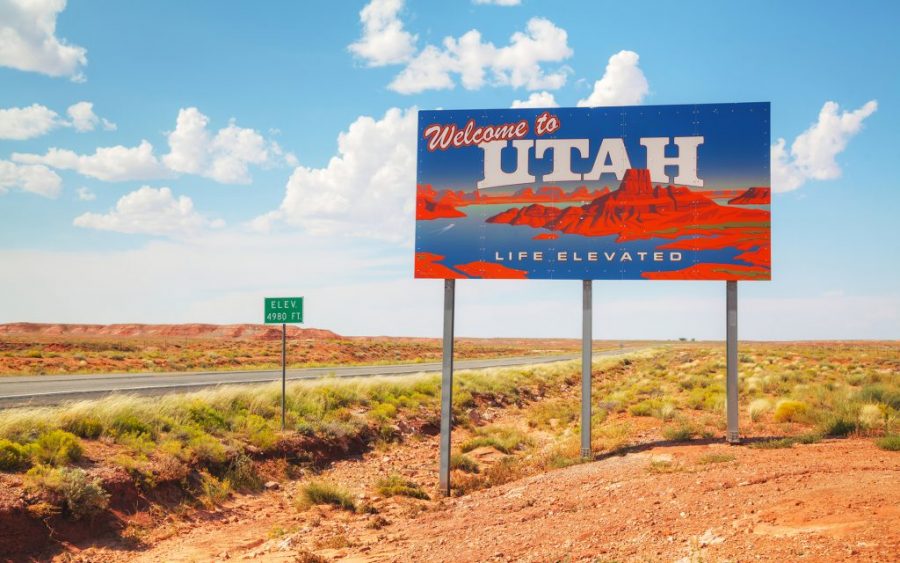Medical cannabis legal yet unaffordable in Utah
The legalization of medical cannabis in Utah may have eliminated concern for people who want to benefit from the plant’s healing properties, but the issue of cost has not exactly made life easier for registered patients.
Despite being legal to purchase, possess and consume, medical cannabis in Utah remains to be a costly substance. In most instances, due to its illegal federal status, medical cannabis is not covered by typical insurance policies or Medicaid coverage.
So much so, that many patients feel forced to continue buying over-the-counter pain medications, such as opiates. Since these types of medicine can be addictive and, in many cases, harmful to health, the subject raises cause for concern.
Utah Patients Coalition is fighting for increased medical cannabis access
Members of the Utah Patients Coalition (UPC), which was responsible for getting Proposition 2 on the ballot and approved, say that the cost of medical cannabis in Utah has made the process of obtaining it almost impossible for most.
Back on April 20, the UPC announced it had joined a series of United States-based programs that are designed to improve medical cannabis access for patients on a low income.
Through teaming up with cannabis pharmacies across the state, the coalition is striving to offer subsidiary-approved patients with cannabis-based medications at a discounted rate. No other project has been introduced to provide consistent subsidiaries statewide.
“I thought that we had relieved a lot of suffering, and I can’t deny that we have,” said the executive director of Utah Patients Coalition, Desiree Hennessy. “But then the phone calls have changed from ‘Hey I need help, I need cannabis,’ to ‘I can’t afford to go to the doctor.’”
Programs not dissimilar to this one have been introduced in Berkeley, California, where patients can obtain cheap medical cannabis if they earn less than $32,000 on an annual basis. Moreover, last month, New Mexico regulators announced that medical cannabis sales taxes will soon be waived by up to 20 percent for registered patients.
Utah was the 33rd state to legalize medical cannabis
In November 2018, Utah joined 32 other states in legalizing medical cannabis. The move came about following the passing of a voter-approved ballot initiative. According to senior director at the Drug Policy Alliance, Emily Kaltenbach, subsidy programs like Utah’s are essential for low-income patients who are restricted in terms of affording their medicine.
Notwithstanding her optimism for increasing access to medical cannabis in Utah, Kaltenbach is concerned that the program could struggle to raise sufficient funding on a long-term basis.
“We see patients who not only can’t afford their medicine but they also can’t afford doctor’s visits,” said New Mexico-based Kaltenbach. “Many of them are uninsured and so the cost of the visit to get certified to be a patient and then the cost of medicine can have a huge impact.”
The state’s first cannabis pharmacy, Dragonfly Wellness, recently confirmed its plans to donate $130,000 to the Utah’s subsidy program.








